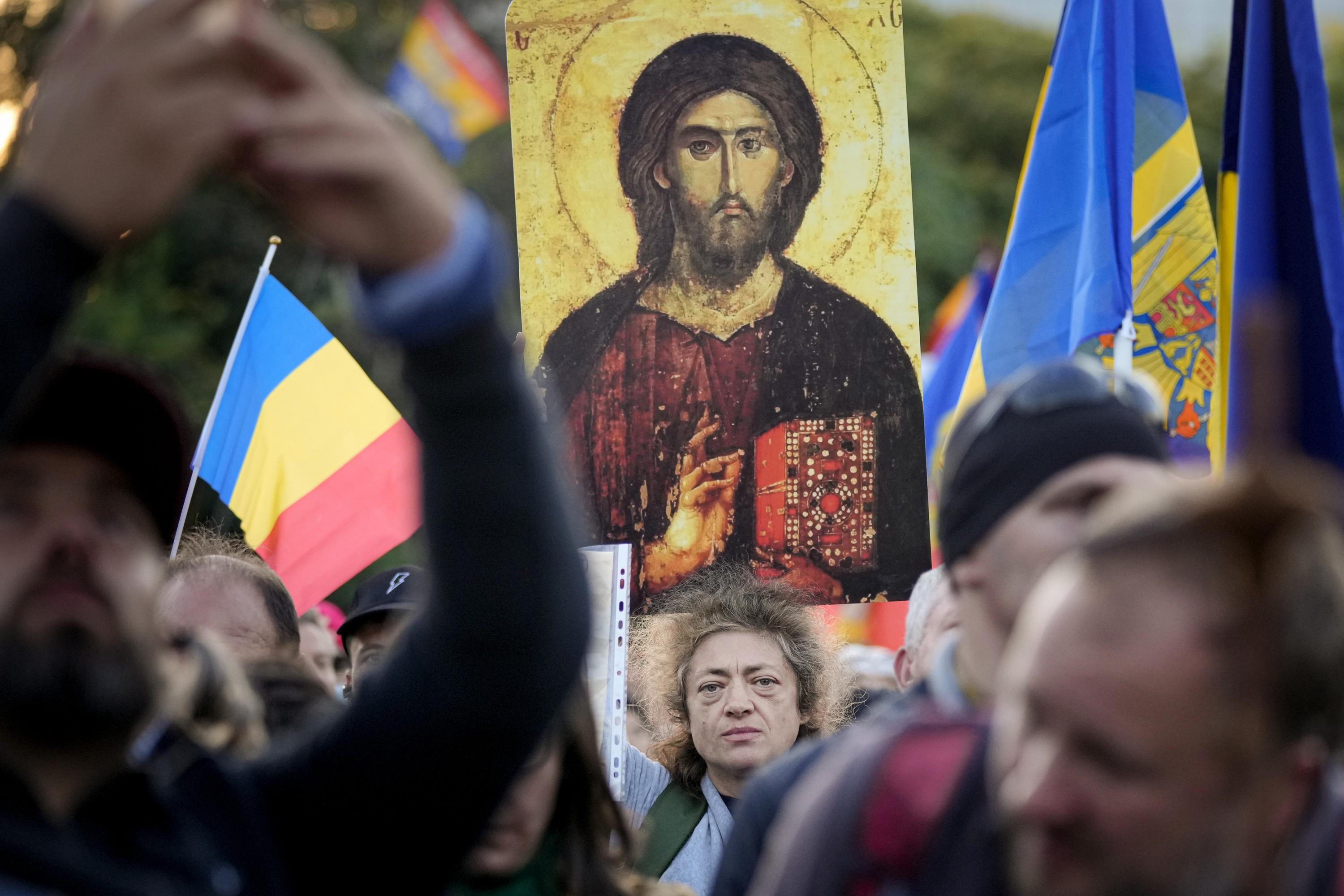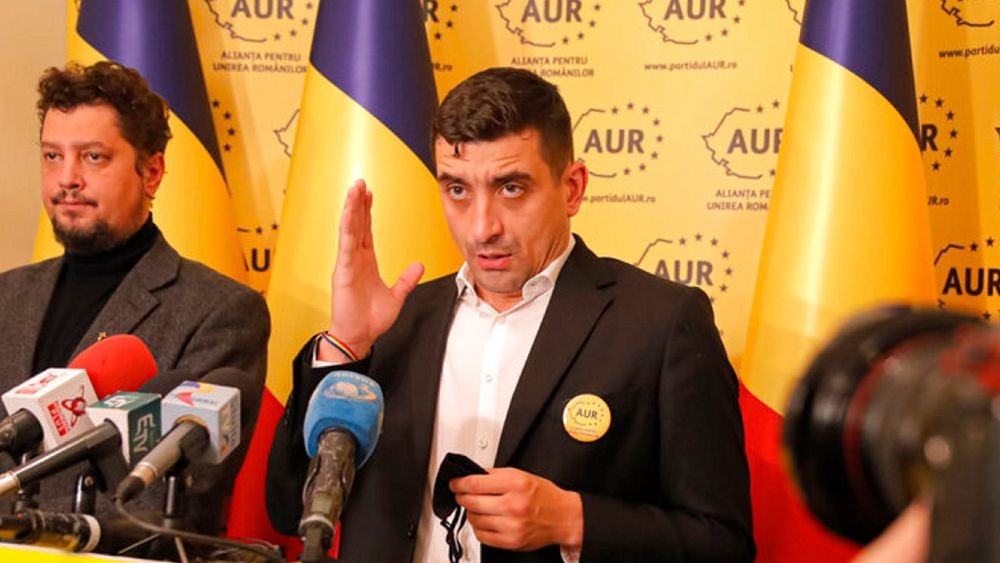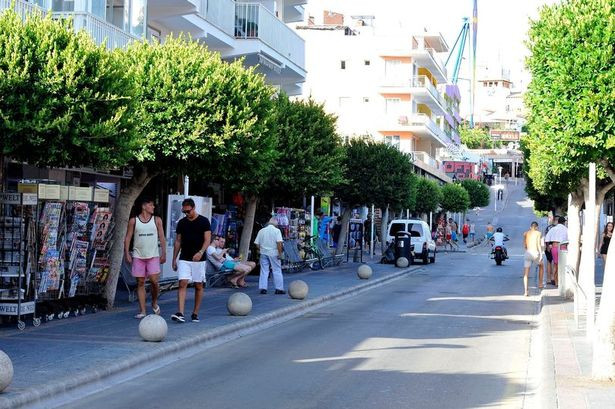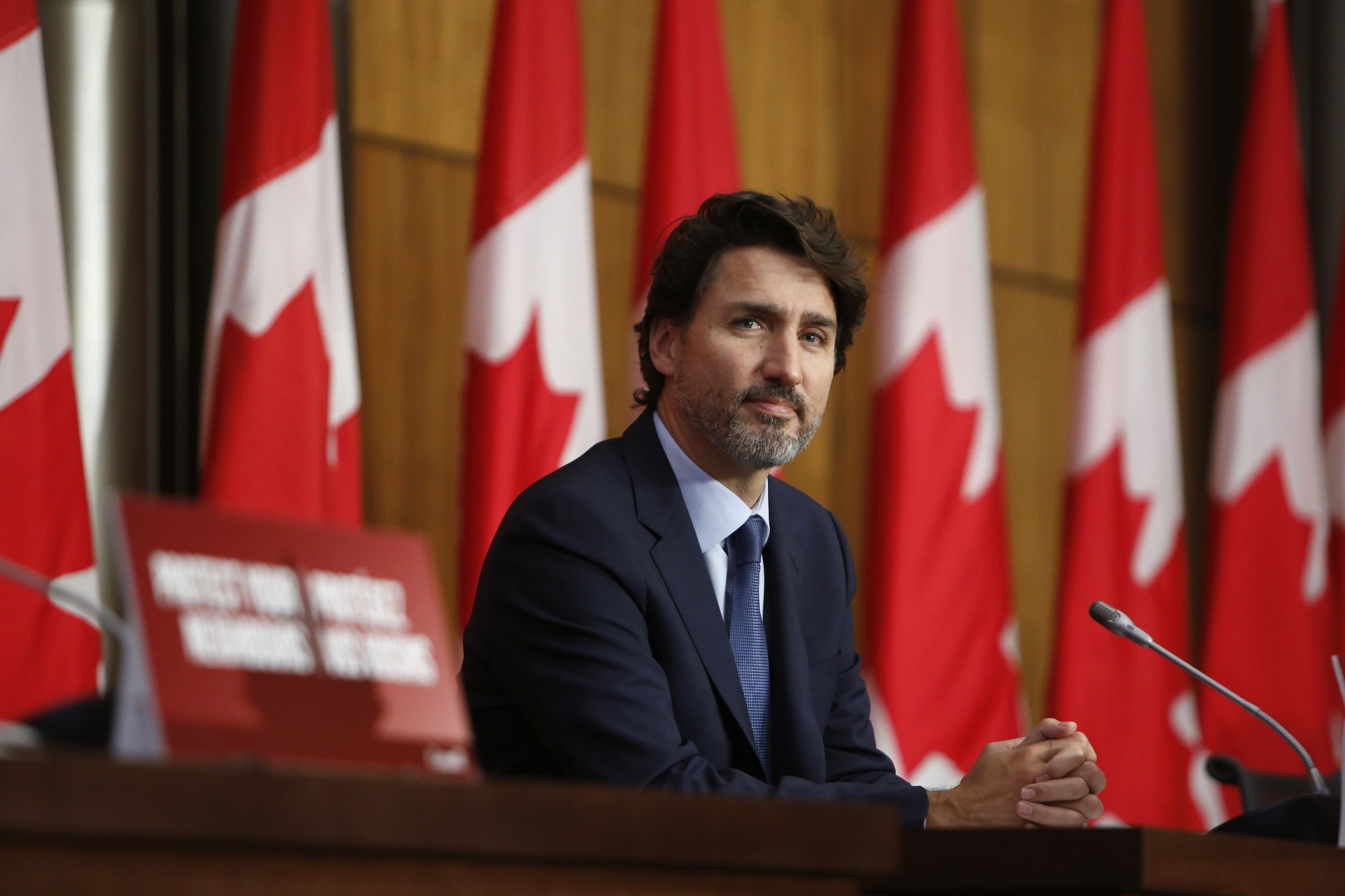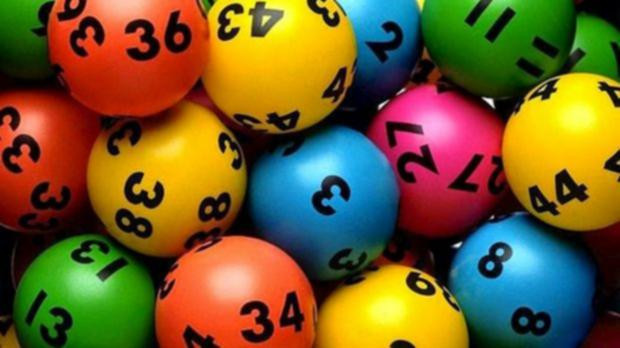Romania's Presidential Election: A Stunning Upset
A far-right, pro-Russia candidate, Calin Georgescu, has unexpectedly taken the lead in the first round of Romania's presidential election, leaving the country's pro-Western future uncertain. Preliminary results show Georgescu, an independent candidate with significant social media presence, securing approximately 22% of the vote, narrowly edging out Prime Minister Marcel Ciolacu, who garnered around 20%. This outcome is a major upset, as pre-election polls predicted a different scenario altogether.
The Rise of Calin Georgescu
Georgescu's strong performance is a significant surprise given his relatively low profile in mainstream media and his lack of a formal party affiliation. His campaign relied heavily on unconventional strategies, making considerable use of the TikTok platform to reach a substantial segment of the electorate. This innovative approach seems to have resonated strongly, defying traditional political norms and highlighting the influence of social media in shaping public opinion. The initial shock has given way to a more serious consideration of the implications of this electoral outcome.
Georgescu's Platform and Controversial Stances
Georgescu's platform includes strong opposition to the European Union and NATO, notably his vocal criticism of the NATO missile defense shield in Romania and his calls for an end to aid for Ukraine. He has even described the missile defense shield as a “shame of diplomacy,” implying a lack of trust in the alliance's protective capabilities. Moreover, he has expressed controversial views on Romania's past, even suggesting that World War II leader Ion Antonescu, who collaborated with Adolf Hitler, should be recognized as a national hero. These outspoken positions have garnered both staunch supporters and significant opposition.
The Reaction and Implications
The unexpected victory of Georgescu has thrown Romania's political landscape into turmoil. The results were interpreted as a significant protest vote reflecting discontent with the political establishment and economic hardships. The high cost of living in Romania, which has the largest share of people at risk of poverty within the EU, has clearly played a dominant role in shaping the electorate's preferences. Many voters felt let down by the prevailing political system, thus paving the way for Georgescu's rise.
Analysis and Commentary
Experts believe that Georgescu's unexpected success reflects a widespread sense of disillusionment with the established political parties. A lack of trust and deep-seated concerns about the economy have empowered a populist candidate who skillfully tapped into prevailing frustrations. Analysts have pointed to a significant disconnect between the mainstream political parties and regular Romanians, making the ground fertile for unexpected electoral results. This serves as a cautionary tale for established political structures everywhere.
The Road Ahead: A Run-off Election
With Georgescu's unexpected lead, he's now poised to face Prime Minister Ciolacu in a run-off election scheduled for December 8th. This second round holds significant importance, as it will ultimately determine Romania's future direction, potentially impacting its relationship with the EU and NATO. Romanians will now have a critical choice to make: either backing the pro-western establishment or supporting a candidate with views that deviate markedly from the country's traditional foreign policy alliances.
The Choice for Romanians
This run-off election presents a crucial dilemma for Romanian voters. They must choose between supporting Prime Minister Ciolacu, representing continuity with Romania's pro-Western alignment, and supporting Georgescu, advocating for an assertive, independent stance that prioritizes Romanian sovereignty and distancing itself from Western partnerships. The outcome will significantly shape Romania's trajectory in the years to come. The high voter turnout of 51%, on par with the previous election, indicates strong public engagement in this critical juncture. This election is more than just choosing a leader, it is choosing a path.
A Nation at a Crossroads: The Future of Romania
The unexpected surge of Calin Georgescu in Romania's presidential election has propelled the nation to a critical crossroads. His surprising lead highlights a deep-seated discontent within the electorate, prompting reflection on the broader political and economic realities confronting Romania. The run-off election will not only determine the country's next president but also decide the future trajectory of its foreign policy, its relationship with the European Union and NATO, and its overall role in the global arena. The results will undoubtedly resonate far beyond Romania's borders. The uncertainty surrounding the coming weeks could lead to unpredictable political and economic consequences for the country and the wider European Union. The implications are far reaching and the future is yet to be determined.




